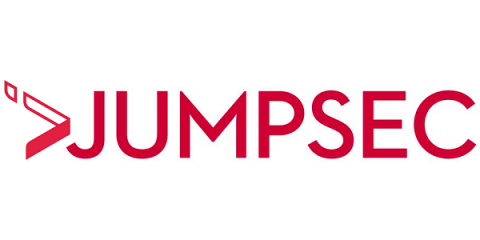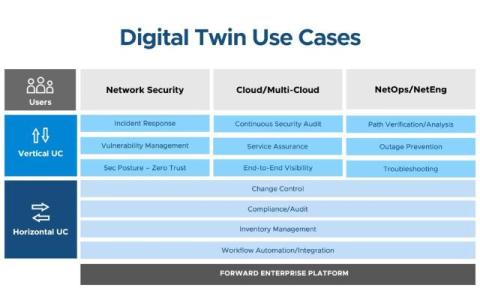Top tips: Notorious session sniffing attacks and tips for avoiding them
In cybersecurity, session sniffing—an attack method where attackers receive and use session data—is a recurring danger. The impacts of session sniffing are evident from numerous high-profile assaults. Let’s discuss some of these important cases that highlight the significance of strong security procedures.











